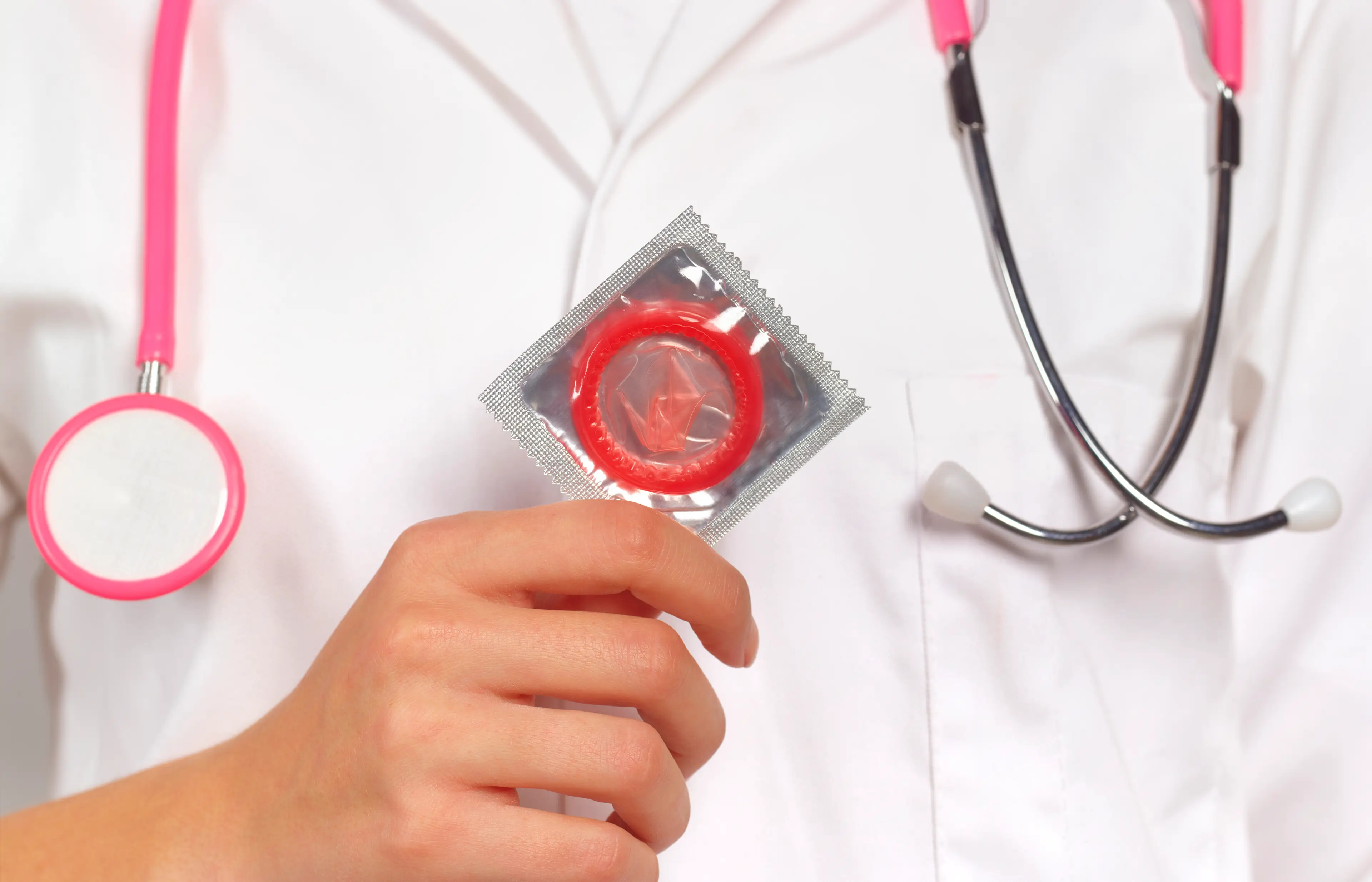
Topics: Health, Sex and Relationships
A healthcare professional has shared a warning about a potentially life-threatening sexually transmitted disease (STD) that's been dubbed an 'epidemic' in one US state.
Like many other STDs, syphilis is spread through bacteria upon contact with infected fluids, and can be passed on if you have sex or engage in sexual acts with a person who is infected.
If not treated, it can cause serious problems in the long term - so it's important to know the signs to look out for, as the disease can be difficult to detect.
WLBT3 reports that if you were to get 100 people from Mississippi in the same room, according to statistics, at least one of them would have an STD.
Advert
Mississippi ranked 3rd in the country for reported cases of primary and secondary syphilis, according to a 2023 report by the CDC, while the state also came in the top five for gonorrhoea and chlamydia cases.

Dr Kayla Stover, a professor and vice chair of pharmacy practice at the University of Mississippi, said: "It is a nationwide epidemic. In Mississippi, we've seen an 80% increase in overall cases and a 1,000% increase in congenital syphilis, which is when the disease is passed from mother to baby."
Syphilis can be difficult to spot, considering symptoms can come and go and may not appear until years after becoming infected.
Speaking about what to look out for, Dr Stover explained: "The first stage of syphilis starts with a lesion in a person's mouth or genital area that starts a couple of weeks after exposure.
"It is often painless, can disappear and, therefore, can go unnoticed.
"If untreated, a rash may appear on a person's extremities - particularly the palms of the hands and soles of the feet - eight to 12 weeks after exposure. If still untreated, it may simply go away or lay dormant with possibility of reappearing, causing long-term damage."

In a worst-case health scenario, if left untreated, tertiary (the final stage) syphilis can lead to blindness, heart damage, nervous system damage, mental health disorders and potentially even brain damage.
That is why it's incredibly important to get tested yearly or more often if you have multiple sexual partners.
"This is a very common disease in this world, and nothing should be shameful or stigmatizing," Dr Stover added.
"Everybody should get tested because we're taking control of our health and we're making sure we stay healthy and that our partners are safe."